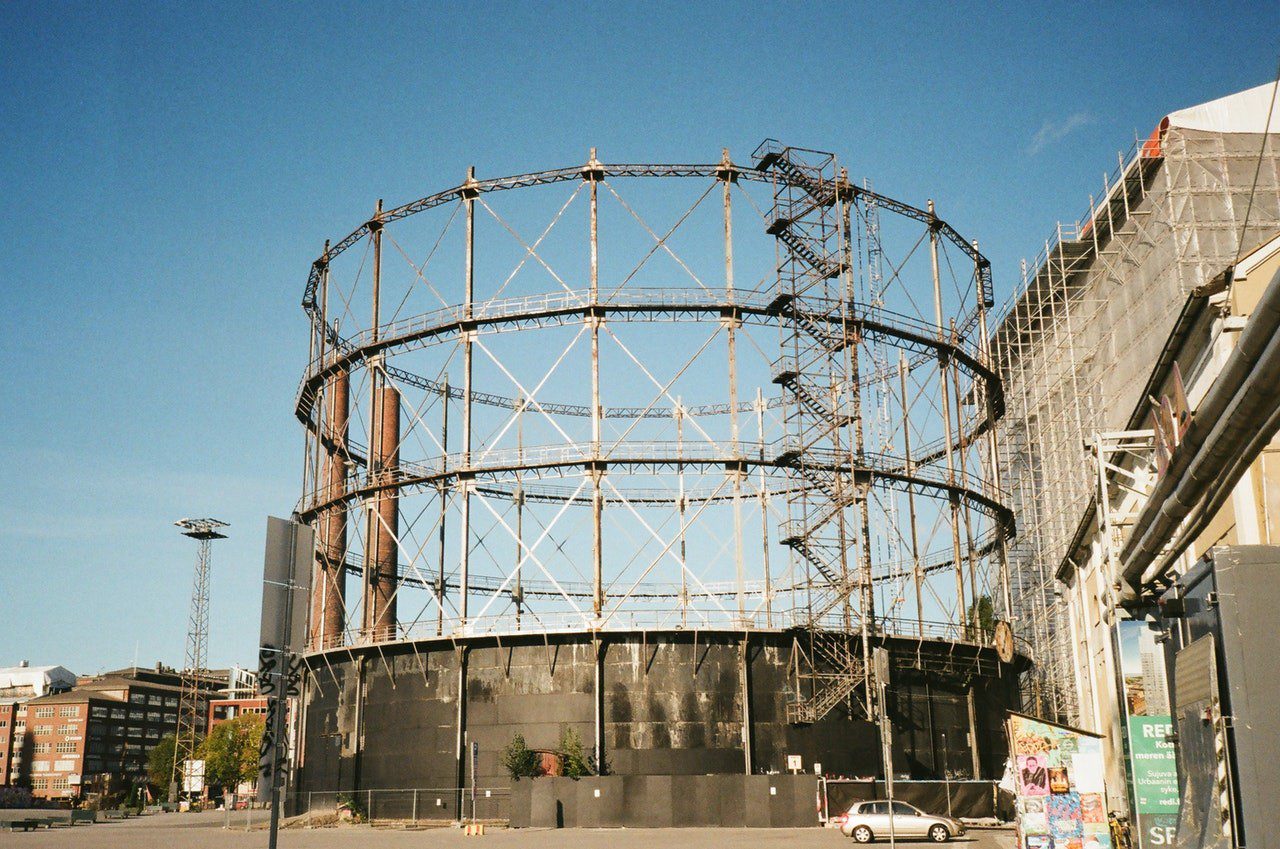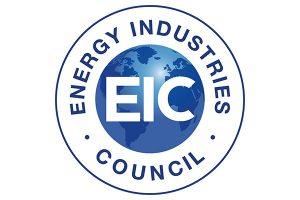-
Change your region and language
Be sure to pick the location that matches your preferences.
- About us
- About UsWe currently work with over 6,000 innovative companies, with our team of highly experienced consultants tailoring bespoke strategies for each individual business.
- LocationsOperating in 16 countries, our group has multidisciplinary expertise on a global scale that allows us to have a local approach and a global vision that can respond to any type of challenge.
- BOOK A MEETING NOW
Find out how Leyton UK can help your businesses leverage financial incentives to accelerate your growth and achieve long-lasting performance.
- Industries
- ConstructionBuilding strong foundations through innovation!
- Food & BeverageHelping food and beverage companies optimise costs and accelerate growth.
- SoftwareMore than 60% of software businesses are eligible for R&D Tax Credits.
- TransportationAre you working on innovative projects in the Transport sector?
- BOOK A MEETING NOW
Find out how Leyton UK can help your businesses leverage financial incentives to accelerate your growth and achieve long-lasting performance.
- Services
- BOOK A MEETING NOW
Find out how Leyton UK can help your businesses leverage financial incentives to accelerate your growth and achieve long-lasting performance.
- Insights
- Case studiesHear what our clients had to say about working with Leyton to benefit from valuable innovation tax incentives.
- NewsFind out the latest about our people, projects and business updates.
- Question HubOur FAQs page aims to cover the most pressing questions you may have about claiming government incentives.
- Featured ArticlesAgriculture, Engineering, Health and Pharmaceuticals, R&D Tax CreditsSynthetic Biology: market drivers, challenges and R&D opportunities23-04-2024
- Careers
- Partnerships
- Calculators
- BOOK A MEETING NOW
Find out how Leyton UK can help your businesses leverage financial incentives to accelerate your growth and achieve long-lasting performance.









